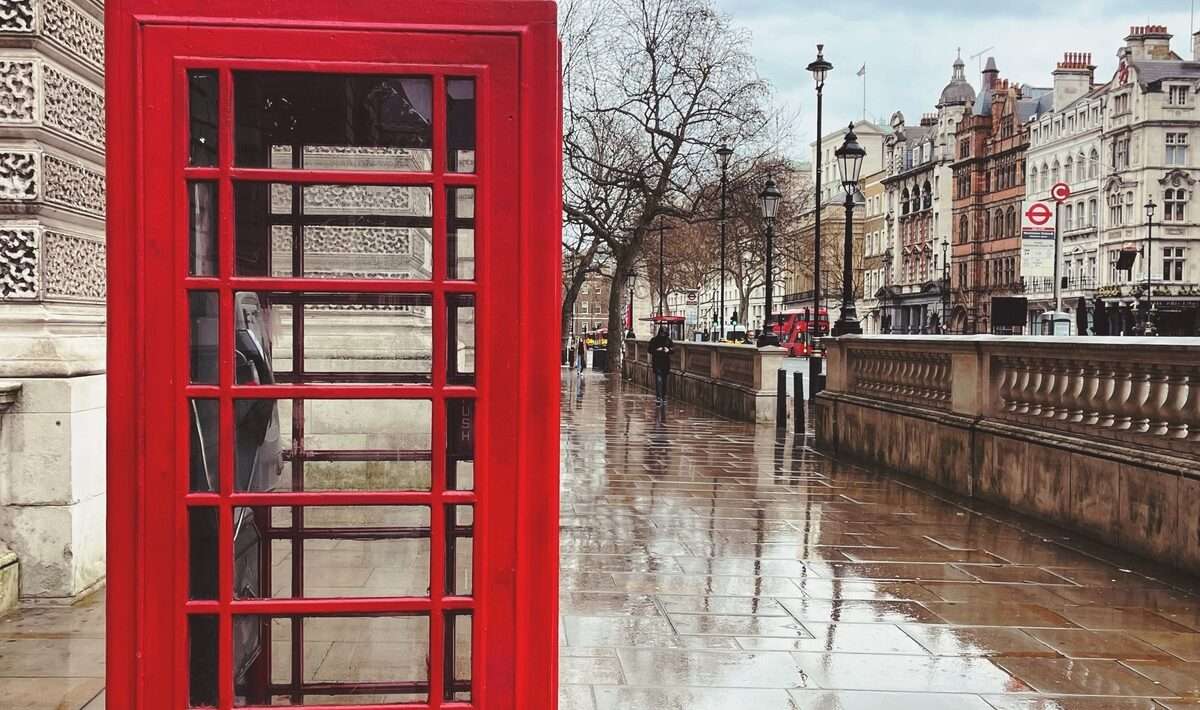Opening New Horizons
The Elizabethan era (1558-1603) marked a period of unprecedented exploration and expansion as intrepid voyagers embarked on journeys that expanded the known world. The age of exploration brought about discoveries that reshaped geography, trade, and the understanding of distant lands.
Discovering New Routes
During this era, navigators sought new routes to reach distant lands and establish lucrative trade connections. Explorers like Sir Francis Drake and Sir Walter Raleigh ventured to the Americas, discovering new territories, resources, and opportunities for wealth.
The Search for Riches
The lure of wealth and resources was a significant driving force behind exploration. Voyagers hoped to find valuable commodities, such as spices, precious metals, and exotic goods, that could bring immense profits to their homelands.
Elizabethan Ventures in the New World
Explorers sponsored by Elizabeth I, such as John Cabot and Martin Frobisher, made notable voyages to the New World. These journeys not only expanded geographical knowledge but also laid the groundwork for future settlements and colonization.
Mapping the World
The age of exploration led to significant advancements in cartography and navigation. Accurate maps were crucial for plotting new routes, and explorers contributed to the development of more precise maps that accurately depicted coastlines and geographical features.
Impact on Global Trade
The voyages of the Elizabethan era had a profound impact on global trade networks. The discovery of new trade routes and valuable resources transformed the world’s economic dynamics and contributed to the rise of mercantilism.
Cultural Exchange and Exchange of Ideas
Exploration also facilitated cultural exchange and the exchange of ideas between different regions. The encounter with new cultures, languages, and customs enriched the understanding of the global community and fostered cultural exchange.
Legacy and Modern Parallels
The age of exploration has left a lasting legacy in the history of global interconnectedness and the expansion of knowledge. The impact of exploration on trade, diplomacy, and cultural exchange resonates in modern discussions about globalization and intercontinental relationships.
Redefining Exploration and Discovery
The age of exploration invites us to redefine the concepts of exploration and discovery. By examining the motives, challenges, and outcomes of Elizabethan voyages, we gain insight into the human desire to push boundaries and uncover the unknown.
Conclusion
The Elizabethan era’s age of exploration was a pivotal time that expanded the horizons of human knowledge and interaction. The journeys undertaken during this period reshaped maps, commerce, and cultural interactions on a global scale. By exploring this era, we deepen our understanding of the adventurous spirit that drove explorers to chart new territories and expand the boundaries of the known world.

